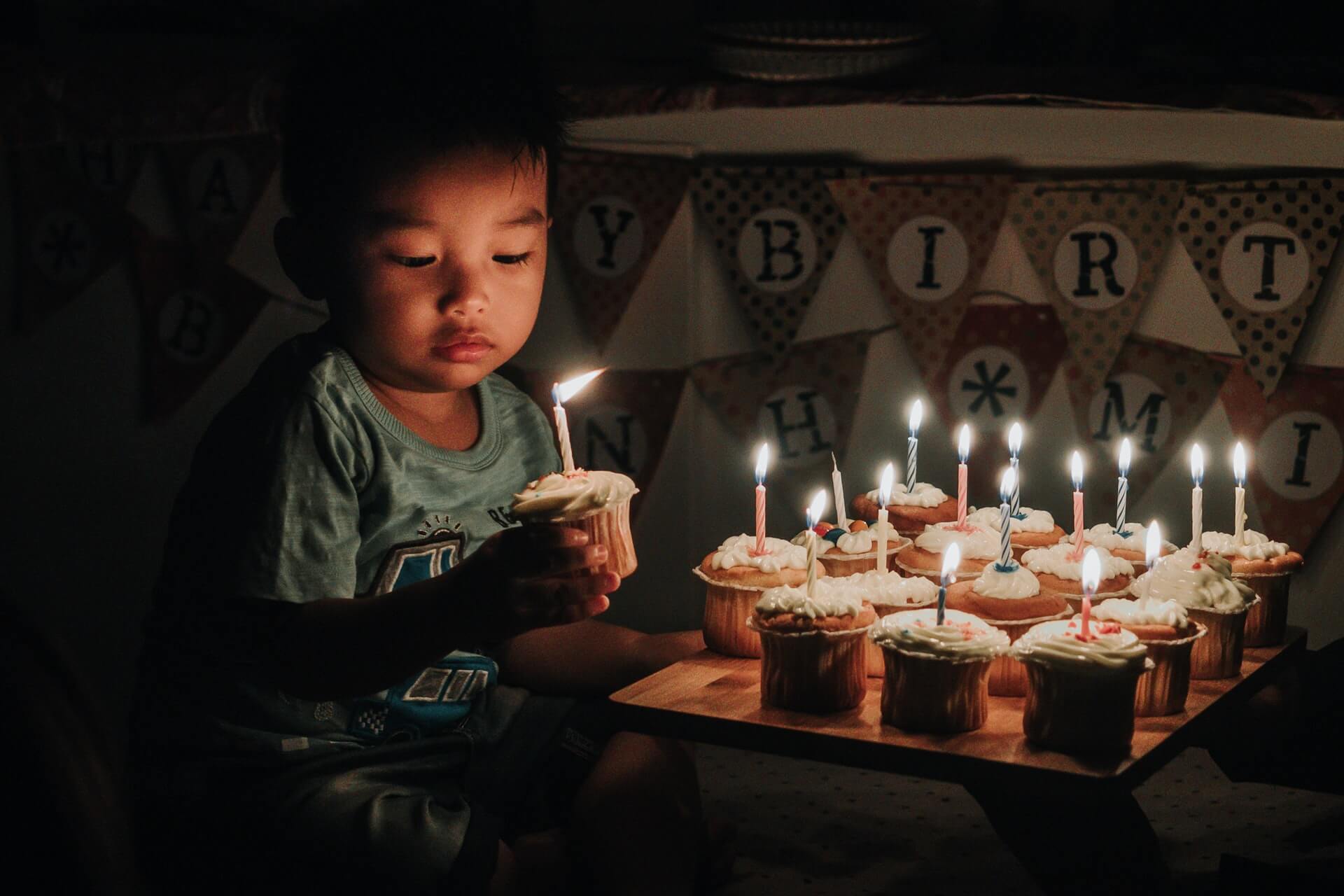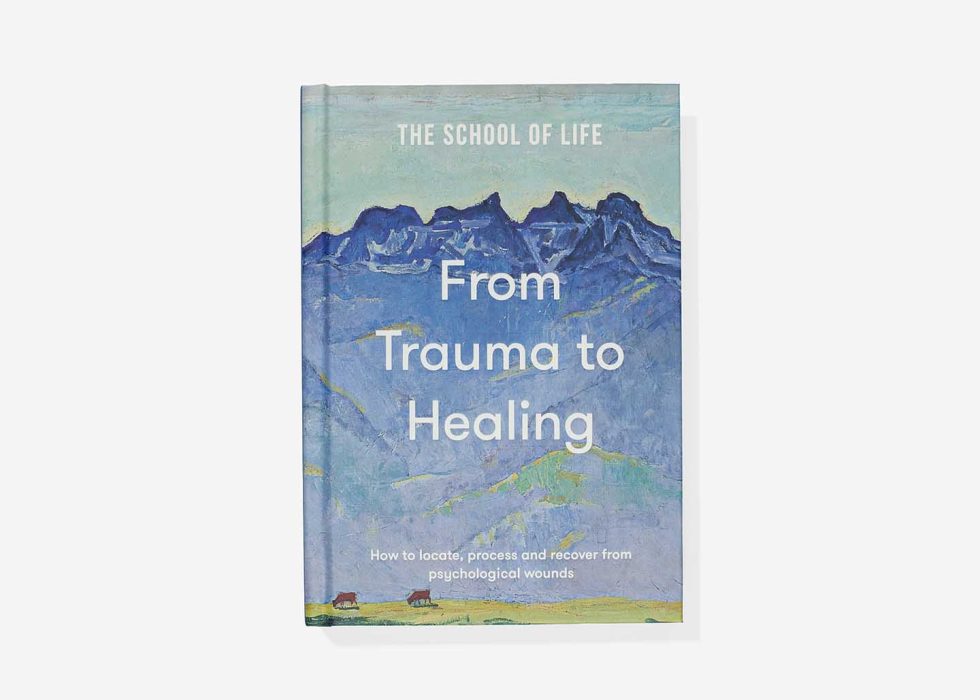Self-Knowledge • Trauma & Childhood
Why Everything Relates to Your Childhood
In certain moods, the founding principle of modern psychotherapy — that it is all to do with one’s childhood — can sound especially irritating. Why should we be forever tied to things that happened infinitely long ago? One hardly ever sees one’s mother now and dad might have died twenty years ago. And anyway, aren’t genetics more important?
Nevertheless, the maddening idea refuses to go away as we’d love it to. There is too much — in the end — that keeps backing it up. Our characters appear to be miserably determined by dynamics that unfolded within the family circle before our fifteenth birthdays.

We can accept well enough that we once learnt to speak an entire language around our families: tens of thousands of words, hundreds of declensions and a host of complex rules of syntax were all picked up while we played in the garden or drew sunflowers in the kitchen. It should — by extension — be no more implausible that we simultaneously learnt an entire emotional language (that is now as much part our nature as our native tongue): a language about how to express love, what we can expect of men and women, the declensions of desire — and what the rules are around happiness.
We need to think about our families a lot — not necessarily because we like or miss them. It’s the opposite; we need to reflect on them in order to get over them. We should be unembarrassed about our search for the details of how our particular family — like all families — was, and has rendered us, mad.
We may feel that it is a uniquely Western neurosis, especially one afflicting people who have spent too long in therapy, to go on about one’s parents and their contribution to one’s unhappiness — to be twenty-five or sixty-two and still turning over in one’s mind (often while sobbing) how ‘mummy’ or ‘daddy’ have been responsible for spoiling one’s relationships or ruined one’s life.
But lest we be overly struck or appalled by this approach, we should keep in mind that every society, whatever its level of development, appears to entertain extremely elaborate and ongoing thoughts about its ancestors and their powerful impact on the lives of the living. From Cambodia to Peru, Papua New Guinea to Burkina Faso, the patterns are the same: one’s parents or relatives die and one then has to handle their ghosts or spirits with immense care — because the dead are known to have powers to cause grave mischief. They may unleash guilt, they can destroy sex for us, they may put a curse on our ambitions at work, they can cause us insomnia or chronic stomach pains. Much time and energy therefore has to be spent managing their memories, which might involve bringing them presents, honouring them with cakes or songs — or, if all else fails and their characters are too mean and far gone, actively trying to drive them away into the nether world.
In Madagascar, in the ceremony of Famadihana, every year the dead have to be unburied and are invited to a big party in the village, where their relatives sacrifice oxen and dance with their corpses above their heads — in the hope that these ever more mouldy cadavers will rest easily in the months to come.

Quite what one might have to do to keep an ancestor from ruining one’s life may change from society to society but the underlying feeling that one must try something is universal. One might have to disinter them and treat them to a dance, or one might need to lie on a couch and analyse their hold on one’s psyche through free association. But the idea is fundamentally the same. The spirits of the past have the power to throttle the present. The headaches or the impotence, the paranoia or the bad marriage have to do with ghosts. Mummy and daddy are everywhere, doing unholy things – and the wise pay them enough attention to loosen their punitive grip and get on with their lives.
…



























